On the modern farm of the Bananot Hahof Agricultural Cooperative, the lychee season enters the most exciting time of the year – a harvest season that is not only bustling but also a testament to the nearly 10-year journey of human perseverance in conquering nature.
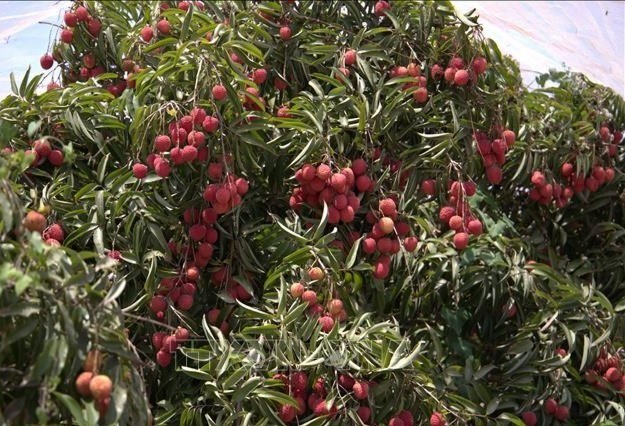
Uri Shpatz, head of the agronomy team at Bananot Hahof, which has been cultivating the Hong Long (Hong Long) lychee variety, also known as the U Hong lychee variety from Vietnam, since 2016, said they were not the first to introduce Vietnamese lychees to the Middle Eastern country. According to Uri, the lychee variety was imported to Israel about 15–18 years ago by the Israel Lychee Growers Association and the Agricultural Research Institute (ARO).
After planting, lychee orchards begin to yield fruit from the fourth year and reach maximum yield after about six to seven years. “Usually, when introducing a new variety to another area, it takes several years to adapt the growing process to the climate and soil conditions,” said Uri Shpatz.
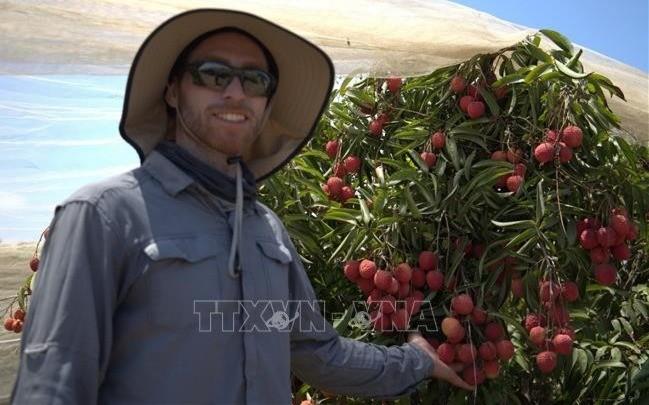
From the very beginning, the project encountered many difficulties: arid land, low rainfall, and strong temperature fluctuations – all of which were contrary to the ideal conditions for lychee trees. This variety is known for being “difficult”: slow growth, long flowering cycle, extremely sensitive to temperature, humidity, and pruning. Bananot Hahof’s team of agricultural engineers persistently tested and adjusted techniques little by little: from drip irrigation systems, microclimate regulation, to special flowering cycle treatments. After 3-4 years, the first lychee clusters began to appear steadily. According to Uri Shpatz, “the Hong Long lychee variety gradually adapted and required less technical intervention than the Mauritius lychee variety we had grown before.” The Hong Long lychee variety is also highly appreciated for its strong vitality, high yield, large fruit, and outstanding meat-to-seed ratio. The trust in the lychee variety from Vietnam has now been duly rewarded.
Now, thanks to microclimate sensors and precision agriculture technology, each area of the farm is optimized for humidity, light and temperature. The lychee trees not only survive, but also flower and bear fruit regularly. Current yields reach 25 tons/ha – an astonishing figure for a tree species that is only familiar with Vietnam’s red basalt soil.
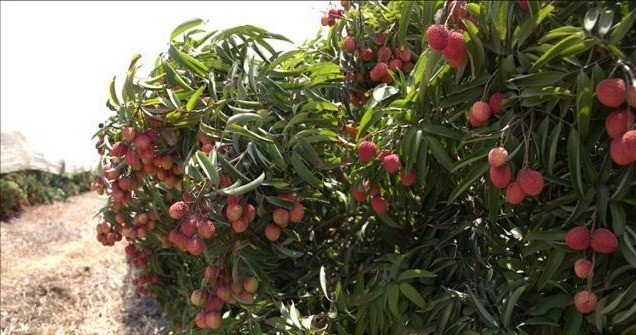
From late June to mid-July, the farm is covered in a brilliant red coat of ripe lychees. Groups of workers quickly pick and sort the fruit on the spot. The lychees are carefully packaged during the day and transported by refrigerated trucks to Tel Aviv, Haifa, Jerusalem, and even European supermarkets.
As for the export ratio, it varies from year to year, depending on domestic demand and supply: “If there is a lot of fruit in the domestic market, we prioritize exporting more – sometimes most of the output is sent abroad. But there are also years when most of the output is kept for domestic consumption if the domestic price is higher than the export market,” Uri said. “Customers in Europe love lychees because of their natural aroma and characteristic sweet taste,” Uri said. “But because lychees have a very short life span after picking, logistics have to be extremely strict – there is no room for error. The main markets for lychees from Israel are Western European countries such as Germany, France, the UK, the Netherlands and Italy.”
In addition to lychees, Bananot Hahof is also a prominent name in the banana, pineapple, grape growing industry... - traditional crops of the region. Bananot Hahof mainly cooperates with leading Israeli suppliers such as Netafim, Rivulis, Metzer... Most of the banana and pineapple varieties are imported from Ginosar Agro, and a part from Rahan Meristems. What is special is that the grape yield at Bananot Hahof's farm reaches 30 tons/ha - and is considered one of the best grapes in the world .
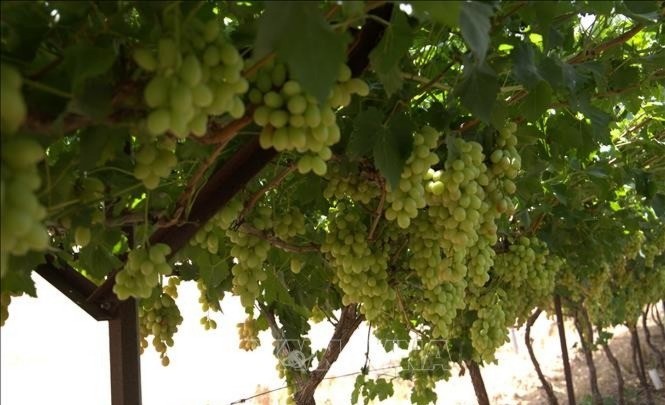
Bananot Hahof is a model for a new kind of agricultural cooperative in Israel – where agricultural tradition meets innovation. They not only produce, but also invest heavily in R&D: improving irrigation techniques, controlling microclimates with data, and optimizing everything from planting to distribution.
Despite the high initial investment costs, the results are high-quality fruit crops that meet the most stringent standards of the domestic and export markets. This is more than just a farm – it is a testament to the power of innovation, resilience and long-term vision in modern agriculture.
Source: https://baolaocai.vn/trong-vai-thieu-viet-nam-giua-sa-mac-ky-tich-cua-mot-trang-trai-israel-post648537.html




![[Photo] 60th Anniversary of the Founding of the Vietnam Association of Photographic Artists](/_next/image?url=https%3A%2F%2Fvphoto.vietnam.vn%2Fthumb%2F1200x675%2Fvietnam%2Fresource%2FIMAGE%2F2025%2F12%2F05%2F1764935864512_a1-bnd-0841-9740-jpg.webp&w=3840&q=75)

![[Photo] National Assembly Chairman Tran Thanh Man attends the VinFuture 2025 Award Ceremony](/_next/image?url=https%3A%2F%2Fvphoto.vietnam.vn%2Fthumb%2F1200x675%2Fvietnam%2Fresource%2FIMAGE%2F2025%2F12%2F05%2F1764951162416_2628509768338816493-6995-jpg.webp&w=3840&q=75)

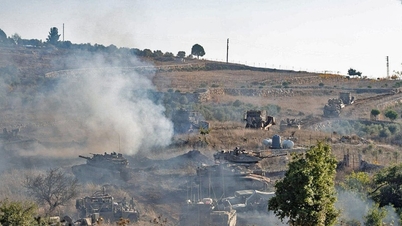





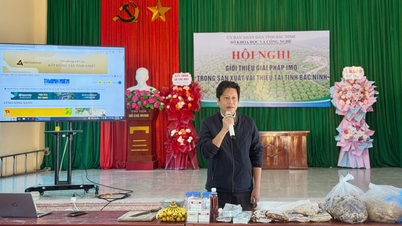

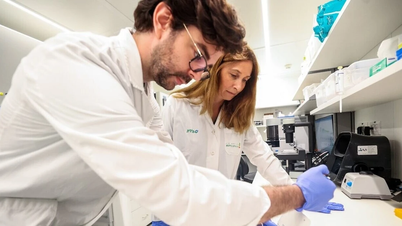



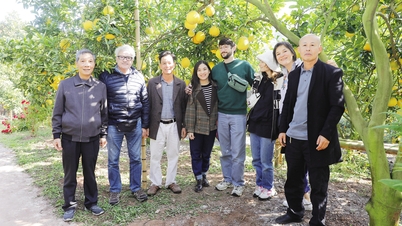
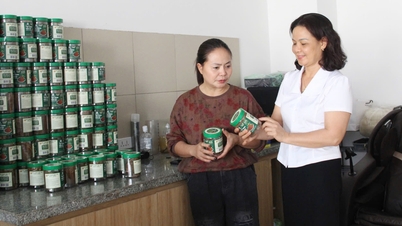
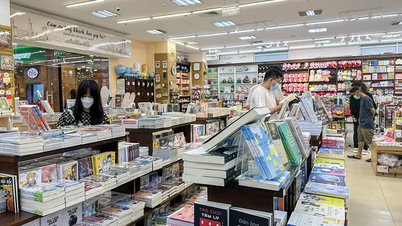

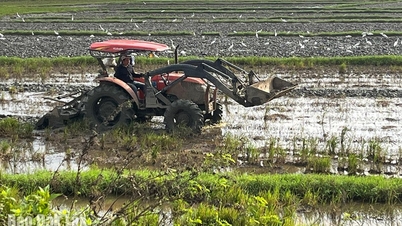

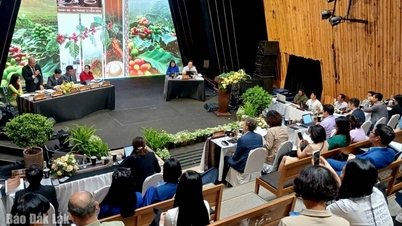




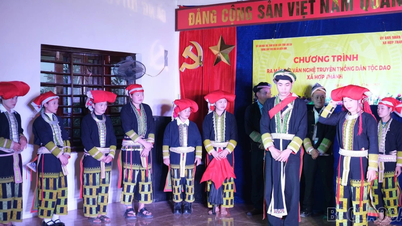
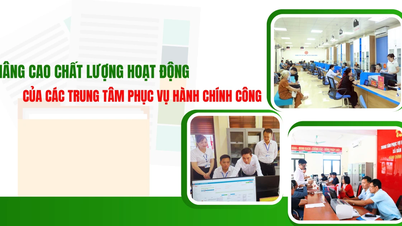
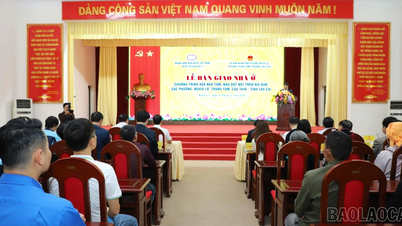
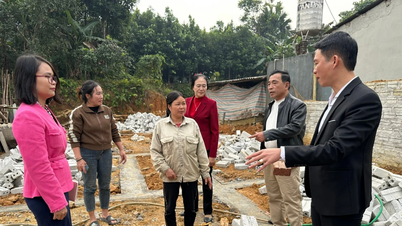

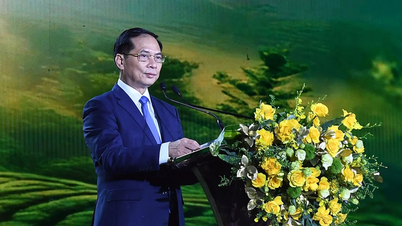







































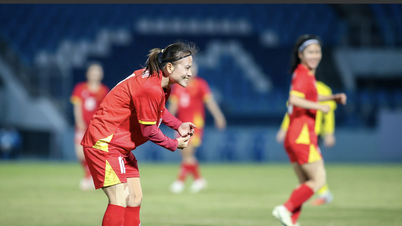


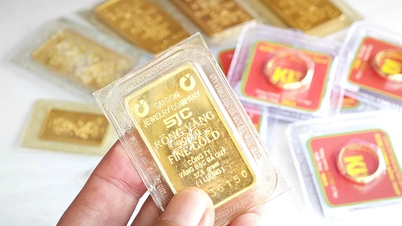

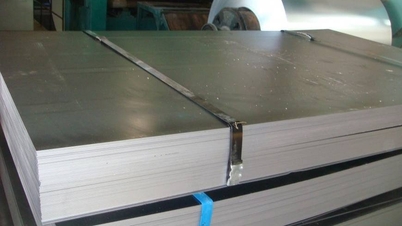





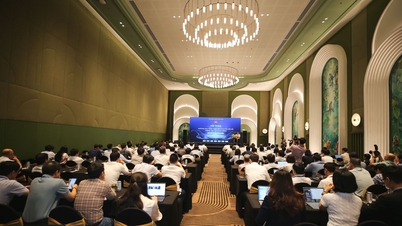

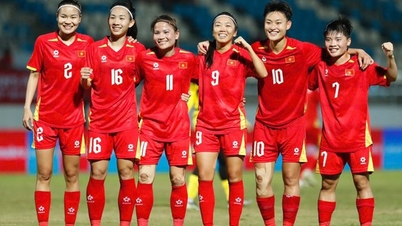




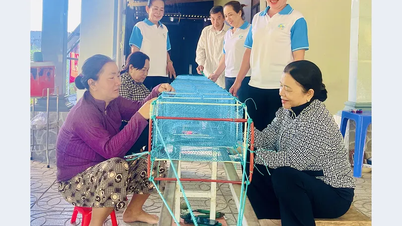
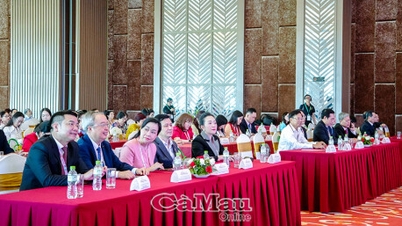

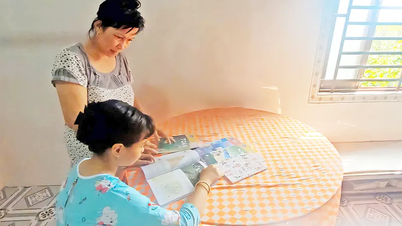








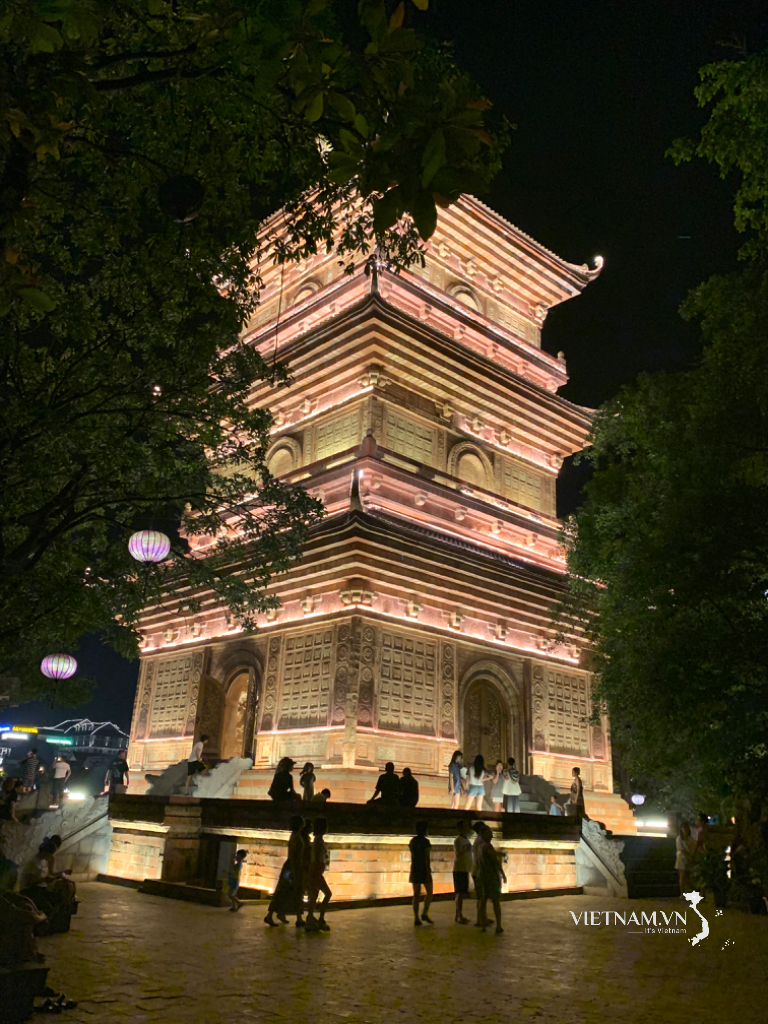







Comment (0)